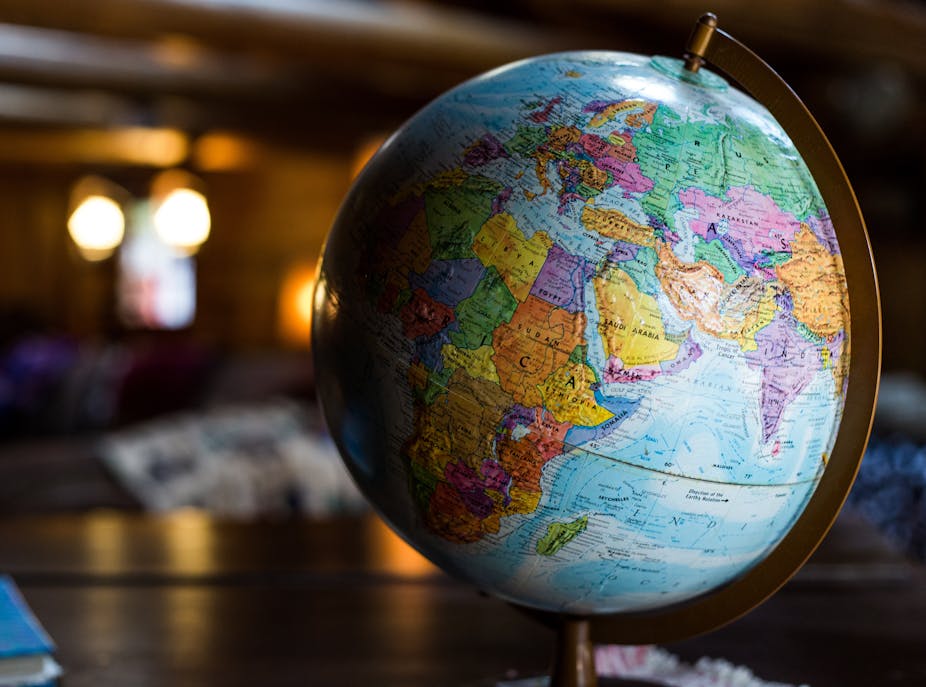TALK TO NEW PEOPLE
Trying to imagine how someone else feels is often not enough, researchers have found. Luckily, the solution is simple: Ask them.“For me, the core of empathy is curiosity,” said Jodi Halpern, a psychiatrist and bioethics professor at the University of California, Berkeley, who studies empathy. “It’s what is another person’s life actually like in its particulars?”
Try It:
Start conversations with strangers or invite a colleague or neighbor you don’t know well to lunch. Go beyond small talk – ask them how they’re doing and what their daily life is like.
Follow people on social media with different backgrounds than you have (different race, religion or political persuasion).
Put away your phone and other screens when you’re having conversations, even with the people you see every day, so you can fully listen and notice their facial expressions and gestures.
TRY OUT SOMEONE ELSE’S LIFE
Don’t just stand in someone else’s shoes, as the saying goes, but take a walk in them, said Helen Riess, a psychiatrist at Harvard Medical School and chief scientist of Empathetics, which provides empathy training for health care practitioners.
Attend someone else’s church, mosque, synagogue or other house of worship for a few weeks while they attend yours, or visit a village in a developing country and volunteer. Spend time in a new neighborhood, or strike up a conversation with a homeless person in your community.
If someone’s behavior is bothersome, think about why. If it’s your teenager, for instance, start by acknowledging that he might feel stressed, but go further: Consider what it’s like to live his daily life – what his bus ride is like, how much homework he has and how much sleep he gets.
JOIN FORCES FOR A SHARED CAUSE
Working on a project with other people reinforces everyone’s individual expertise and humanity, and minimizes the differences that can divide people, said Rachel Godsil, a law professor at Rutgers and co-founder of the Perception Institute, which researches how humans form biases and offers workshops on how to overcome them.
Work on a community garden.
Do political organizing.
Join a church committee.
If you have experienced grief or loss, join with others who have experienced something similar.
“My magic potion would be for communities to have meaningful, heartfelt projects that speak to their grief and vulnerabilities,” Dr. Halpern said.
For example, she found in her research that when women from the former Yugoslavia joined together across ethnic groups to help find the missing bodies of family members, they came to care for and respect each other despite their ethnic groups’ conflicts. Similarly, Israeli and Palestinian families who have lost an immediate family member to the violence there come together in a group called Parents Circle - Families Forum.








